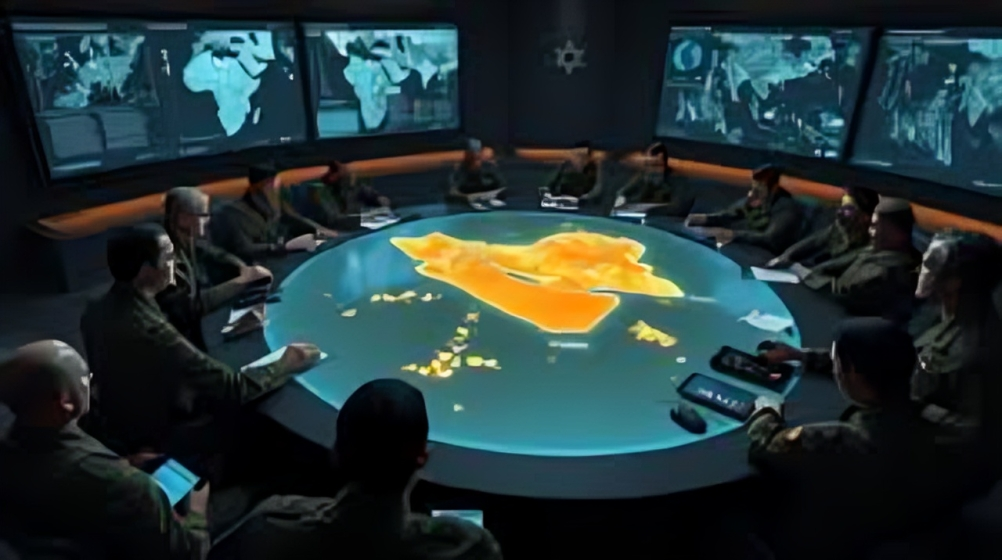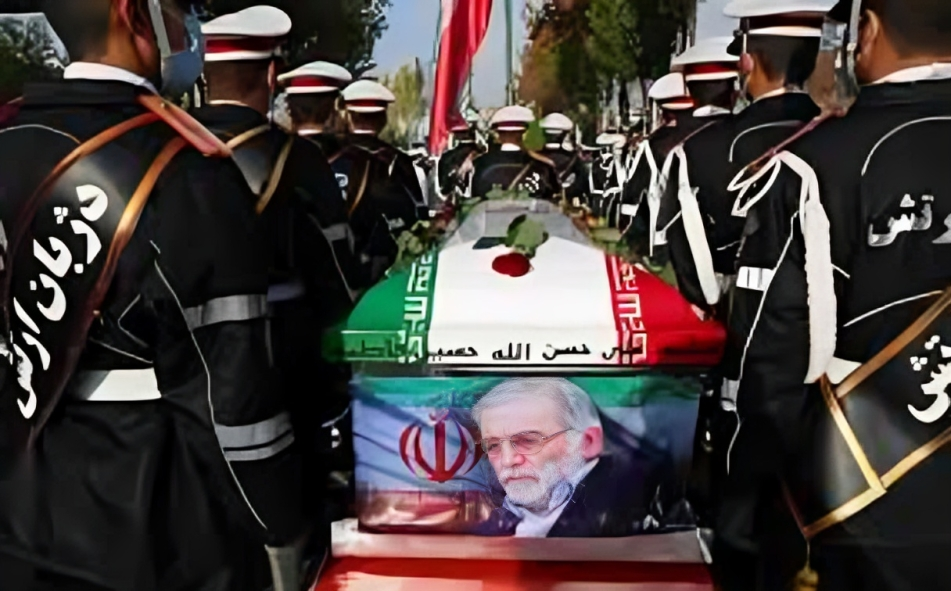In a major escalation of the covert conflict between Israel and Iran, at least 14 senior Iranian nuclear scientists have been killed in targeted Israeli strikes, according to Israel’s Ambassador to France, Joshua Zarka. The statement, made during an exclusive interview with the Associated Press, marks a rare and bold admission by Israel of its direct involvement in assassinating Iran’s top nuclear experts.
The unprecedented operation is being seen as a strategic and surgical move to paralyze Iran’s alleged nuclear weapons program. These attacks come amid rising regional tensions and growing Western concerns about the pace of Iran’s nuclear advancement.
Who Were the Targets?
According to the Israeli military, the operation took place in multiple phases, beginning with a coordinated wave of strikes on June 13, which killed nine Iranian scientists. The remaining five were killed in subsequent operations.
The scientists killed were not just researchers — they were the core of Iran’s nuclear weapons team, possessing deep knowledge in:
- Nuclear physics and uranium enrichment
- Chemistry related to warhead development
- Explosives and material engineering
- Miniaturization of warheads for missile delivery
On Tuesday, Iranian state TV confirmed the death of Mohammad Reza Sedighi Saber, a top nuclear scientist, in an Israeli airstrike. He had previously survived a strike that killed his teenage son. This follow-up attack ensured the completion of Israel’s objective.
Why Were They Eliminated?
In his interview, Ambassador Joshua Zarka made it clear:
“They were not killed because they knew physics, but because of their involvement in the creation, fabrication, and production of a nuclear weapon.”
He further clarified that while civilian nuclear knowledge is not a crime, the difference lies in weaponization. These individuals were directly working to convert enriched uranium into usable nuclear warheads that could be deployed via missiles.
“These people had the know-how of doing it, and were developing that know-how further. That is why they were eliminated.”
How Will This Impact Iran’s Nuclear Capabilities?
According to Ambassador Zarka, the loss of these scientists will push back Iran’s nuclear program by several years.
“The fact that the whole group disappeared is basically throwing back the program by quite a number of years.”

The Israeli military claims that these scientists had decades of collective experience, which cannot be easily replaced.
However, international nuclear analysts and agencies offer a more cautious view:
- Iran has a large pool of well-trained scientists and can replace the fallen experts over time.
- The attacks may delay the program but will not stop it completely, especially since Iran already has critical infrastructure in place.
- Iran has likely secured technical knowledge across multiple sites to prevent the total collapse of its program.
International Reaction: Diplomacy Over Airstrikes?
While Israel has justified its actions as a necessary step to stop Iran from acquiring nuclear weapons, Western allies are urging diplomatic solutions.
UK Foreign Secretary David Lammy made a strong statement in Parliament:
“Strikes cannot destroy the knowledge Iran has acquired over several decades, nor any regime ambition to deploy that knowledge to build a nuclear weapon.”
European governments have also stressed that while military action may create roadblocks, only a negotiated agreement can bring long-term resolution.
🇮🇷 Iran’s Stand: Still Claims Peaceful Intentions
Iran has repeatedly maintained that its nuclear program is peaceful. It accuses Israel and the West of manufacturing paranoia to justify hostile policies.
Interestingly, U.S. intelligence agencies have also assessed that Iran is not currently building a nuclear bomb, although it may be in a position to assemble one quickly if it chooses.
Iran has not officially retaliated yet, but analysts suggest that proxy groups like Hezbollah or other militia networks may be used to respond indirectly to Israeli attacks.
What Does This Mean for the Region?
The assassination of 14 key Iranian scientists is likely to:
- Increase tensions between Iran and Israel, with the risk of escalation into a broader conflict.
- Trigger Iranian retaliation either through cyberattacks, proxy warfare, or missile strikes.
- Push Western nations to intervene diplomatically to prevent a regional war.
- Further polarize Middle Eastern geopolitics, as Gulf countries and the U.S. may side with Israel, while Iran seeks new allies.
What Lies Ahead?
The situation remains fluid, but these possibilities are being closely watched:
- More Israeli strikes if Iran attempts to rebuild its weapons team.
- Possible covert retaliation by Iran targeting Israeli or allied interests abroad.
- Renewed nuclear talks under international pressure, particularly from Europe.
- An increase in global oil market volatility if the conflict escalates in the Persian Gulf.



[…] executions follow a large-scale crackdown in which Iran hangs 3 for spying for Israel and also arrests at least 700 individuals accused of having ties to […]